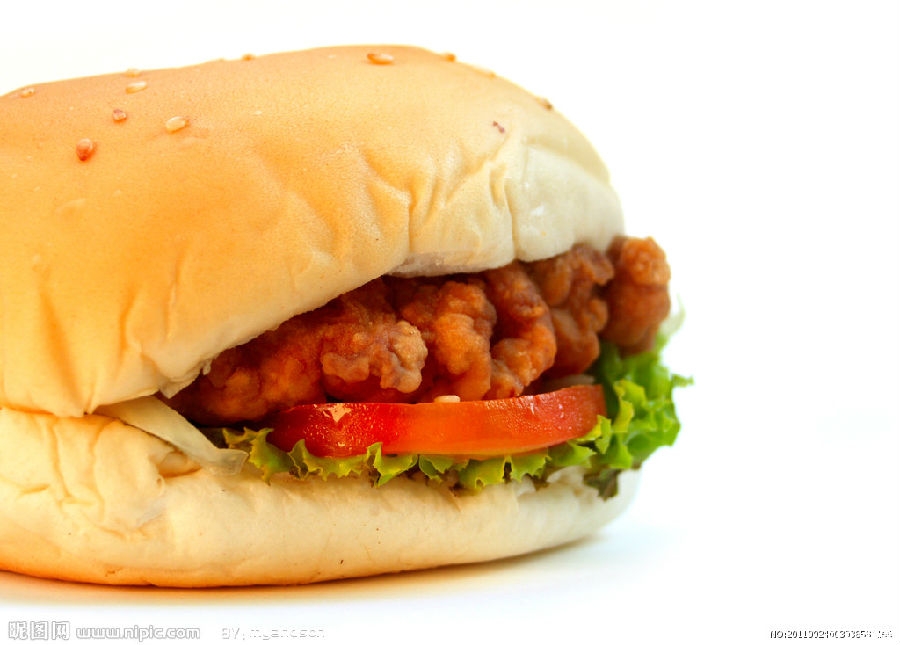This could explain why large parts of the
這就可以解釋 為什么大多數人
population have a tendency to lay down fat stores easily.
都有易于儲存脂肪的傾向
It's only very recently in
這是個在人類歷史上
human history that this has become a problem.
近期才顯露的問題
Now, the feast is constant.
現在 食物充足才是常態
You have food available every corner,
我們隨處都可以找到食物
very cheap, very palatable,
價格不貴而且美味可口
and this is really a perfect mixture
綜合以上情況
to provide the expression of these
那些基因就會表現為
genes and confer obesity and weight gain to these people.
人們的肥胖以及體重增加
So if evolution was selecting for fatness,
如果說肥胖是進化的選擇
the question remained as
那么依然存在一個問題
to what was compelling those individuals to put on the pounds.
是什么在迫使著人們增加體重
Scientists suddenly clocked that maybe what they should
科學家忽然注意到 也許他們應該
be looking at was what was
關注究竟是什么
driving us to eat so much - our appetite.
在促使我們不斷進食 即我們的食欲
Proving its importance was a different matter.
證明它的重要性則是另外一回事
But what followed was a
接下來要說的
complex tale of scientific detective work,
是一個復雜的科學探索工作故事
involving a German boy with
這其中包括一個
an unusual brain condition and a fat mouse.
大腦與眾不同的德國男孩 和一只肥老鼠
The idea that there's an evolutionary-based,
生物渴望食物是基于進化本能
biological drive to eat is clearly an interesting idea.
是有生物性驅力的 這是個有趣的設想
But until recently, it just remained that, just an idea.
不過在不久之前 這還僅僅是一個設想
Most people believed that our appetites were controlled
大多數人都相信 我們的食欲是完全被
entirely by willpower and voluntary action.
毅力和自主行為控制著的
We've discovered in the last few
我們近幾年才發現
years that our brains are actually hard-wired to eat.
我們的大腦對食物有著根深蒂固的渴望












